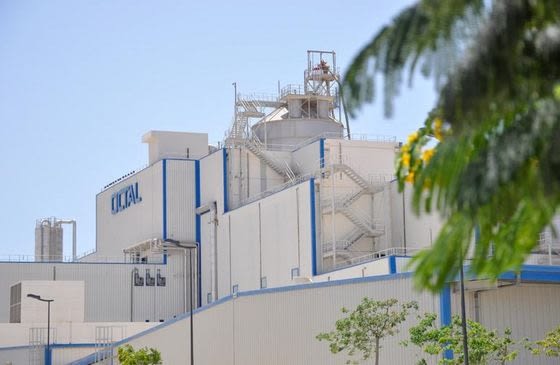 Over the past five years, PET resin and sheet producer Octal's commitment to sustainability has proven to directly correspond to dramatic growth.
Over the past five years, PET resin and sheet producer Octal's commitment to sustainability has proven to directly correspond to dramatic growth.Some of those initiatives include making sustainability part of the company's core strategic imperatives, saving energy through substantial financial investment in the best technologies available, lowering overall water consumption, and conducting business from a strategic location.
“Sustainability is part of our company's DNA,” says Nicholas Barakat, managing director, Octal. “Sustainability is understood as a fundamental to the future of Octal's business. This total integration of sustainability into the business model helps fuel growth and promote PET as the leading clear rigid packaging material.”
Established in 2006, this philosophy led Octal to invest in the newest technologies available in the marketplace. While at first it might have seemed risky, the decision to incorporate leading-edge technology has proven to be beneficial both in terms of conserving energy and achieving an excellent return-on-investment.

For example, conventional PET manufacturing depends on as many as five energy-intensive stages. Octal’s process uses the 2R system to efficiently produce quality PET resin using only two reactors. In doing so, Octal’s manufacturing process requires substantially less energy than conventional PET production.
Octal has removed the resin drying and pellet extrusion stages – the two most energy-intensive steps in sheet production – to eliminate the need for 67 percent of the electricity otherwise required to produce its DPET sheet. Says Barakat, “This dramatically lowers use of electricity and also reduces our total DPET carbon footprint compared to other sheet products – a reduction so important that it is driving packaging manufactures to make the switch to our product from PVC, OPS and even rPET.”
Additionally, through proprietary process control software and hardware, Octal delivers high roll-to-roll uniformity and typical caliper variation of approximately 1 percent. This enables thermoformers to downgauge, using less overall material in the final tray.
Barakat notes that this is a significant achievement in that industry standard gauge variation is around 5 percent, and coupled with the additional benefit of better flow into the corners and fine features of a thermoformed tray, savings of 8 percent to 15 percent can be achieved.


